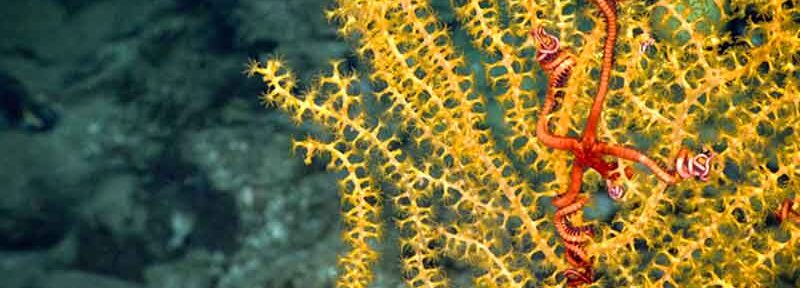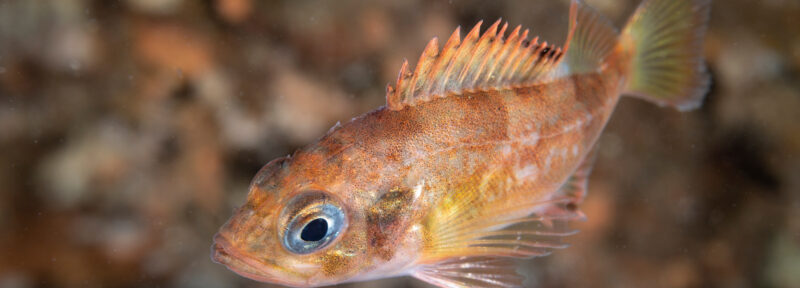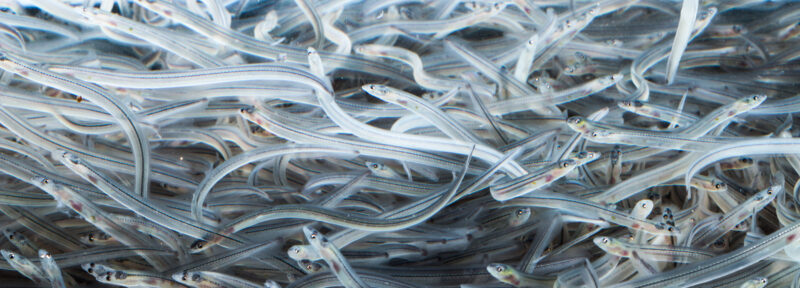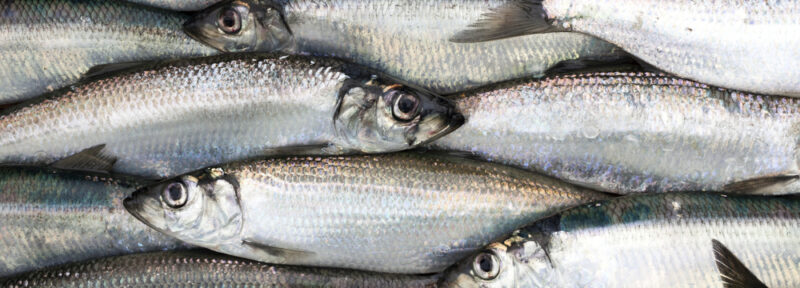New Paper Highlights Risks to Marine Life in Warming Northwest Atlantic—and What We Can Do to Help
HALIFAX—As the oceans reach record-breaking temperatures this year, it’s clear that our rapidly warming waters are already having an impact on marine life. But what will that look like in the global warming hotspot of the Northwest Atlantic—and how will it affect the species that many coastal communities depend on for their livelihoods?
A new paper published today in npj Ocean Sustainability provides an answer. The results highlight the need to both reduce emissions and adapt the way we manage fisheries and marine ecosystems to accommodate a warming world.
Using a newly developed tool called the Climate Risk Index for Biodiversity, the researchers calculated climate risk for over 2000 marine species and 90 fish stocks across the region. They examined two projected scenarios over the next 75 years: one where society continues to pollute the atmosphere with greenhouse gases, and one where emissions are reduced in line with the Paris Agreement and warming is held to 1.5 degrees Celsius. “We created a ‘climate scorecard’ that tells us which species, ecosystems, and fisheries will win or lose under climate change,” says Daniel Boyce, an independent researcher and the paper’s lead author. “Understanding when, where, and how they will be affected can help mitigate risks and support resilient fisheries.”
Researchers found that species in the Northwest Atlantic were at high or critical risk across roughly a third of their native geographic distributions under both scenarios. Many harvested species, including scallops, Atlantic cod, and lobster, were particularly vulnerable because they tend to live closer to shore and are more sensitive to warming temperatures and other stressors. If emissions are reduced, these species are predicted to fare much better. The same is true for many species at higher latitudes, where the ocean is warming even faster than elsewhere.
“Climate change is putting more pressure on a lot of species and stocks that are already facing stress, and we need to redouble efforts to reduce emissions here and around the world,” says Katie Schleit, Fisheries Director at Oceans North and one of the paper’s co-authors. “At the same time, the ocean is already changing, and some species could end up benefiting or moving elsewhere. As the northwest Atlantic warms, fisheries management needs to take the whole ecosystem into account—including climate data—so that we can adapt to new situations and protect vulnerable species.”
For more information or to arrange an interview, please contact:
Alex Tesar
Communications Manager
Oceans North
[email protected]




